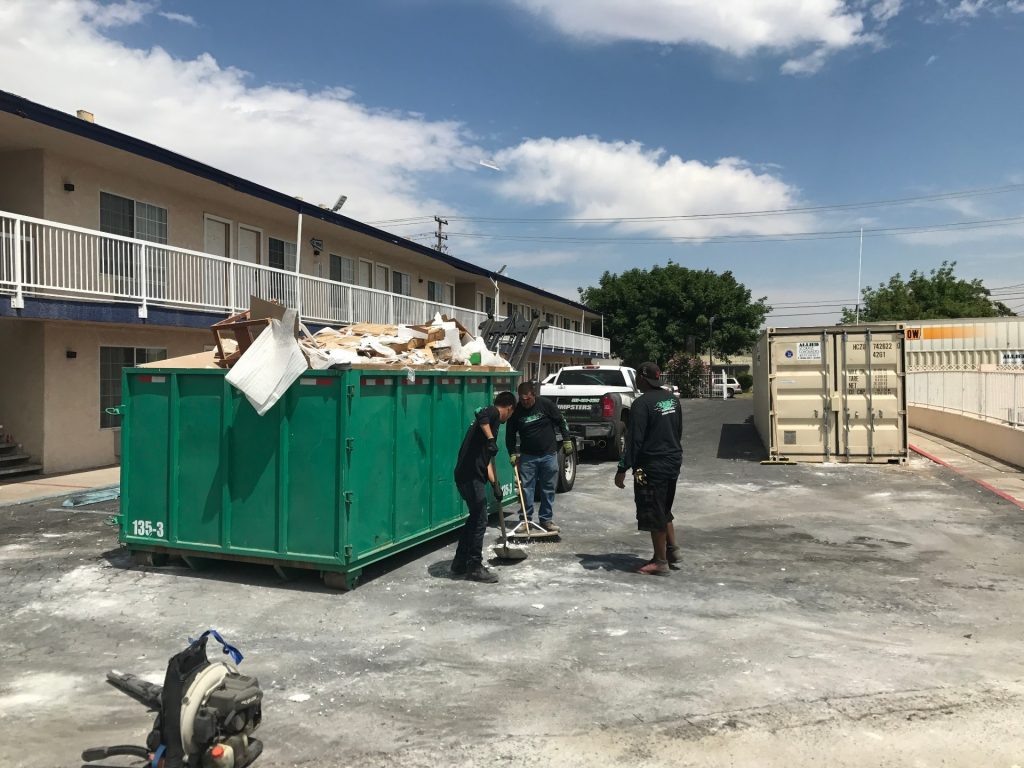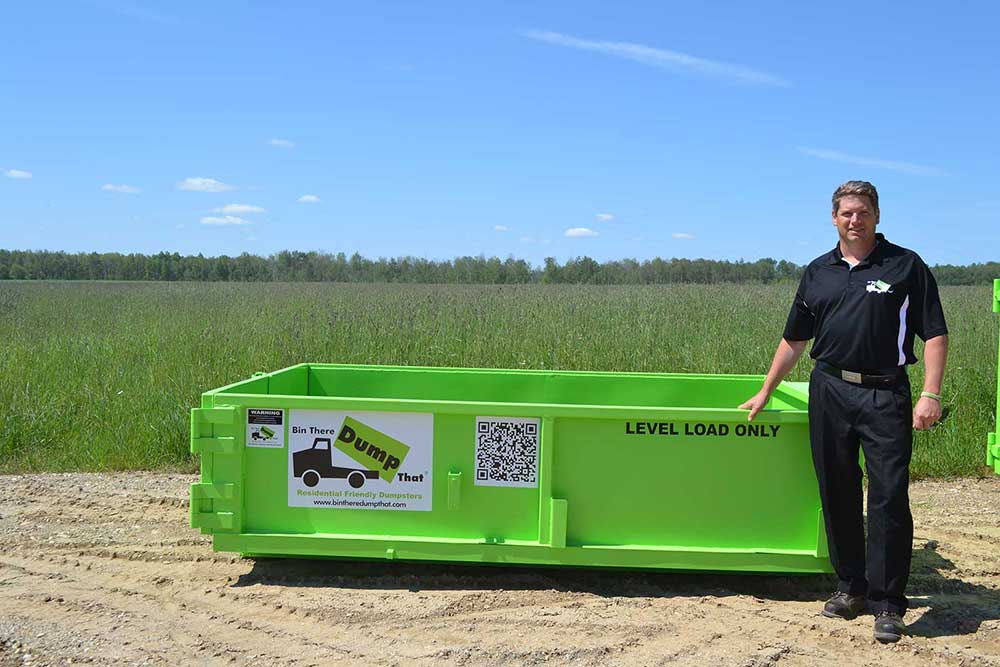The Following Items Are Not Permitted To Be Dumped In A Dumpster.
Understanding what can and can’t be disposed of in a dumpster is critical. You may be fined by the government or ones dumpster rental company if you dispose of these items in an improper manner.
Avoid These Mistakes When Renting A Dumpster To Dispose Of Waste..
1. Adhesives
Due to the dangers of glue, epoxy, or other adhesives binding other components to the dumpster walls, they are not permitted in dumpsters.
2. Asbestos
Having asbestos in your home means that many items that would otherwise be permitted in a dumpster (such as renovation debris, roof tiling, and so on.) cannot be put in a dumpster because they are contaminated.
Anyone who has asbestos in their home should hire a licenced contractor to remove all of the waste.
3. Contaminated Soils And Absorbents
Because a dumpster cannot contain hazardous materials, nothing polluted to hazardous materials — such as contaminated soil or mulch — can be disposed of there either.
4. Hazardous Materials
Expert hazardous waste collectors must remove and dispose of all hazardous materials. Asbestos and radon gas are just a few examples of the wide range of potentially hazardous materials that can be found in the average American home.
5. Household Cleaning Fluids
Cleaning supply bottles could be recycled, but the actual cleaning chemicals inside those bottles must not be thrown away.
First, check the label for just any specific disposal commands if you need to get rid of household cleaning fluid. The American Cleaning Institute recommends looking at the chemical’s function for guidance for get rid of it if none are provided. It’s relatively safe to pour laundry and dish detergent down the drain with running water, as these products are typically flushed down the drain after use.

6. Hot Water Tanks
For safety reasons, you cannot throw hot water tanks away in a dumpster because they can collect toxic fumes and eventually explode.
A hot water tank is usually replaced when it’s time to get rid of it, so contact this same hot water corporation to see whether the they can come and pick up your old heater when they’re at your house.
Alternatively, you can inquire about hot water tank curbside pickup with a professional junk hauler or local waste management facility.
7. Ink & Resins
Dumpsters & landfill equipment can be damaged and stained by printer ink, pens, and resins. As a result, they cannot be disposed of in dumpsters. The majority of supply stores have recycling programmes for these items.
8. Medical Infectious Waste
Material used in medicine as well as whatever has come into exposure to blood is considered medical infectious waste. Included here are:
- Parts of animals that have been slaughtered
- Blood bags from dialysis clinics
- Fabrics soaked in blood or with human blood as a component
- Prescriptions and medications that have expired or are no longer in use
- Discarded surgical instruments
In most cases, household medical waste, such as bandages as well as tools used to cure an injury that didn’t require medical attention, is not medical infectious waste. Doctor’s offices and medical labs are the most likely places to find this type of product.
9. Non-Alkaline Batteries
Several other types of batteries, in contrast to household batteries, are extremely hazardous to the environment and must never be disposed of in a dumpster because they do not meet federal requirements for household hazardous materials.
10. Tanks for Oil, Fuel, and Propane
Propane tanks, gasoline, oil, and any other flammable material should not be dumped into dumpsters. Most jurisdictions prohibit the improper disposal of highly combustible materials. If you’re not sure how to properly dispose of flammable materials, check with your local fire dept as well as hazardous waste collector.



